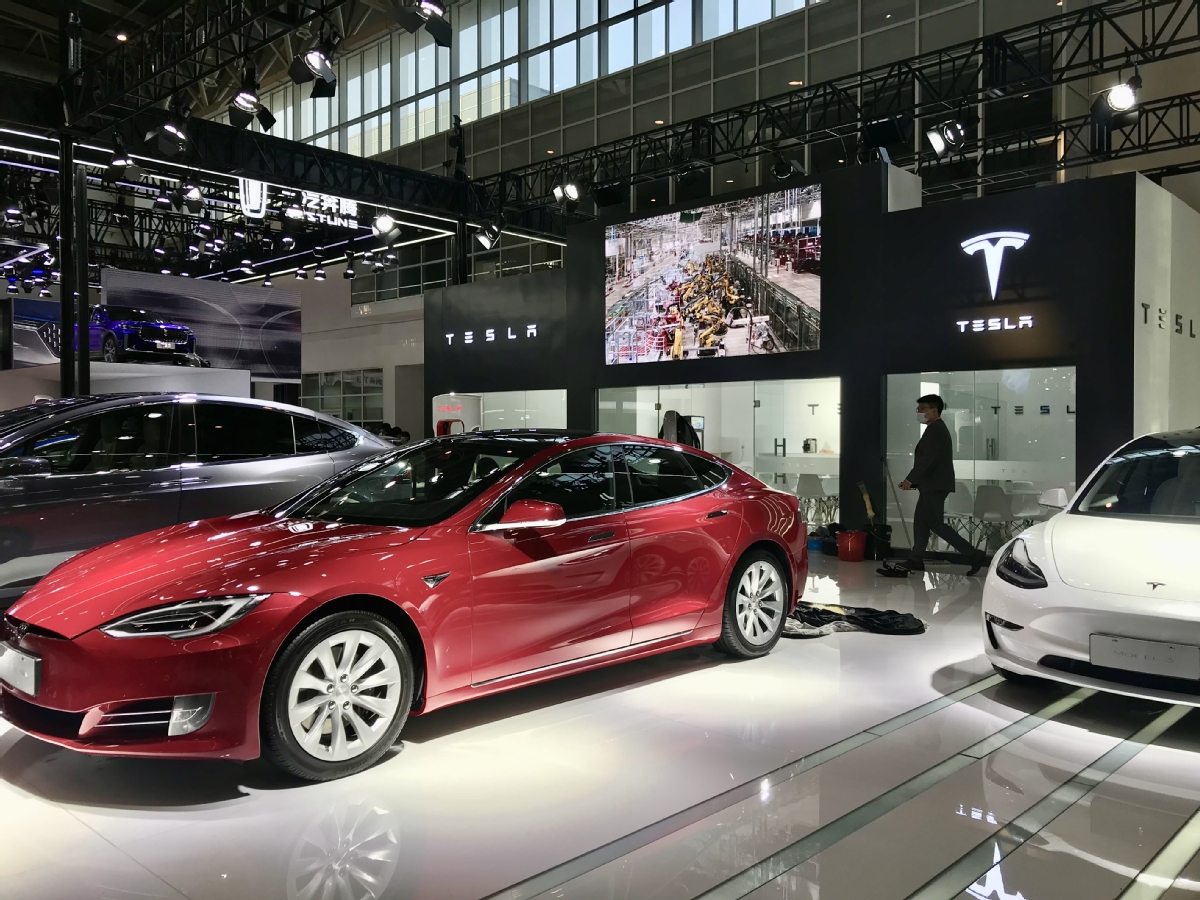Tesla pulls a U-turn on affordable vehicle plans


Tesla has canceled its long-promised inexpensive car that investors have been counting on to drive its growth into a mass-market automaker, according to three sources familiar with the matter and company messages.
The automaker will continue developing self-driving robotaxis on the same small-vehicle platform, the sources said.
The decision represents the abandonment of a long-standing goal that Tesla chief Elon Musk has often characterized as its primary mission: affordable electric cars for the masses.
His first "master plan", for the company in 2006 called for manufacturing luxury models first, then using the profits to finance a "low cost family car".
Musk has since repeatedly promised such a vehicle to investors and consumers. As recently as January, Musk told investors that Tesla planned to start production of the affordable model at its Texas factory in the second half of 2025, following an exclusive Reuters report detailing those plans.
Two sources said they learned of Tesla's decision to scrap the Model 2 in a meeting attended by scores of employees, with one of them saying the gathering happened in late February.
Tesla did not respond to requests for comment. After the story was published, Musk posted on his social media site X that "Reuters is lying (again)." He did not identify any specific inaccuracies. Shortly afterward, Musk posted on X: "Tesla Robotaxi unveil on 8/8".
The third source confirmed the cancellation and said new plans call for robotaxis to be produced, but in much lower volumes than had been projected for the Model 2.
A fourth person with knowledge of Tesla's plans expressed optimism about the decision to pivot away from the cheap-car strategy in favor of robotaxis, a segment Musk has envisioned as the future of mobility.
Squeezing profits from entry-level vehicles is a challenge for any automaker. But Tesla's delay in pursuing the car Musk once called his dream made it much tougher because it now faces far more competition in that price range.
Plans for the affordable Tesla have been seen as key to delivering on Musk's stratospheric ambitions for sales growth. Musk said in 2020 that Tesla aspired to sell 20 million vehicles by 2030 — twice as many as the world's largest automaker, Toyota, sells today. With the death of the Model 2, it's unclear how he will reach this goal.
Expectations for a more affordable vehicle have underpinned Wall Street analysts' more modest, but still ambitious, forecasts for Tesla sales. Those forecasts, according to a Tesla investor-relations document, see vehicle sales rising to 4.2 million by 2028 from 1.8 million last year.
The cancellation of the affordable-car project comes as Tesla and other established automakers have been rocked by slowing EV demand growth in the United States and Europe, and cut-throat competition in China.
If Tesla had moved forward with the low-cost car, it wouldn't have arrived on the market until the latter half of 2025, by the company's estimates. But the entry-level EV segment is already crowded with compelling models from BYD and many other Chinese brands.
Tesla is late to the segment in part because of a pivotal decision by Musk. In 2020, after releasing its hit crossover, the Model Y, Tesla focused on the highly experimental Cybertruck instead of an affordable car.
Tesla's timeline and business model for robotaxis remain unclear. Musk has publicly predicted a future of mobility in which driverless taxis could eventually become a more common mode of transport than human-driven cars. He has said Tesla, the world's most valuable automaker, would be "worth basically zero" without achieving full self-driving capability.
Tesla has yet to prove it can produce an autonomous car despite years of predictions by Musk that one was just around the corner, an expectation that partly underpinned Tesla's soaring valuation. The automaker faces lawsuits and investigations into crashes involving its Autopilot and Full Self-Driving driver-assistance systems, which are not fully autonomous. Tesla has blamed the accidents on inattentive drivers.
Tesla's Autopilot woes are among a number of problems that have drawn scrutiny. The automaker faces another investigation into the driving-range estimates of its cars, launched after Reuters reported last year that Tesla had rigged the in-dash range meters in its vehicles to give rosy projections. Reuters reported in December that the automaker blamed "driver abuse" for chronic failures of suspension and steering parts it long knew were defective.
REUTERS




































